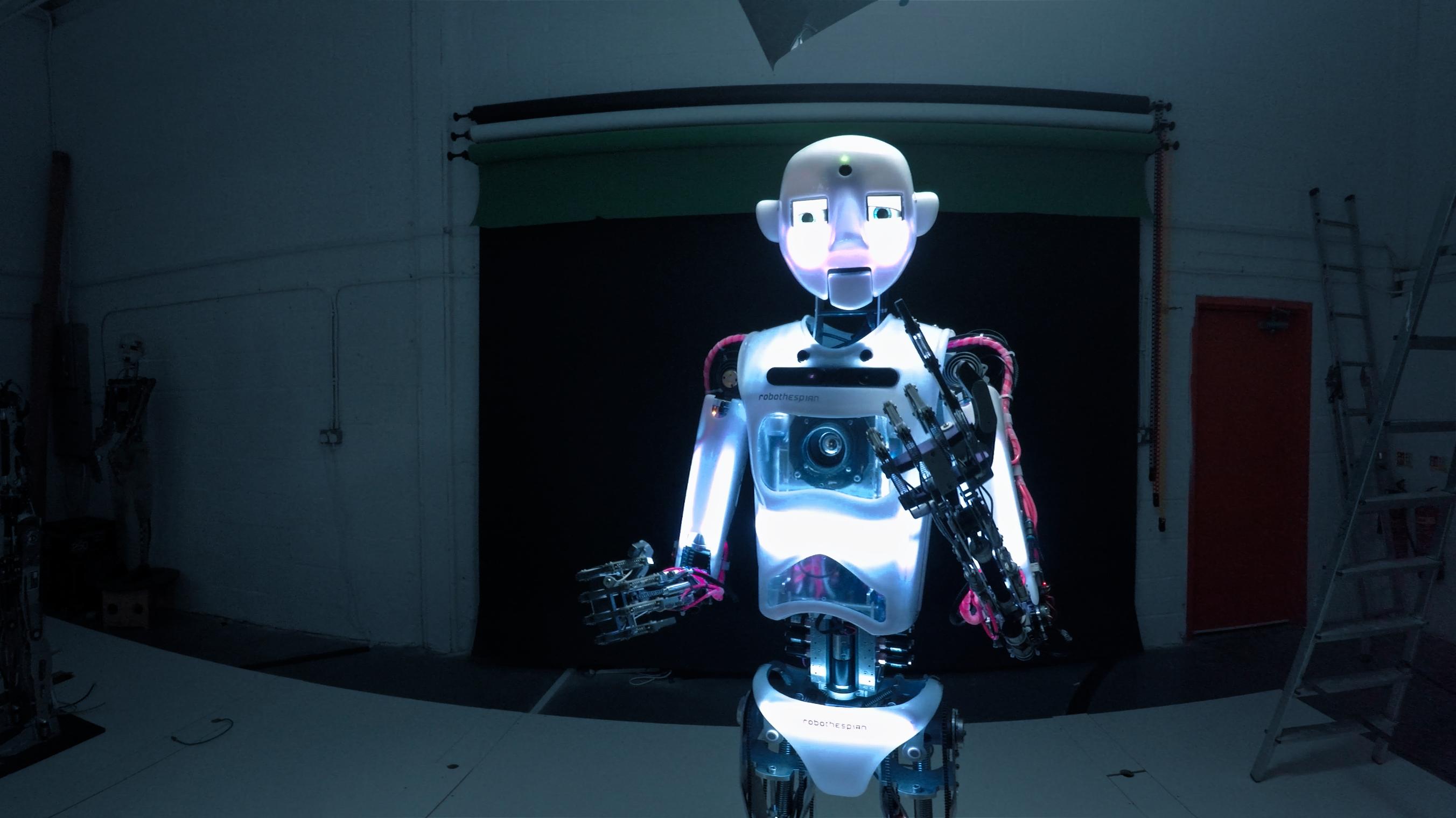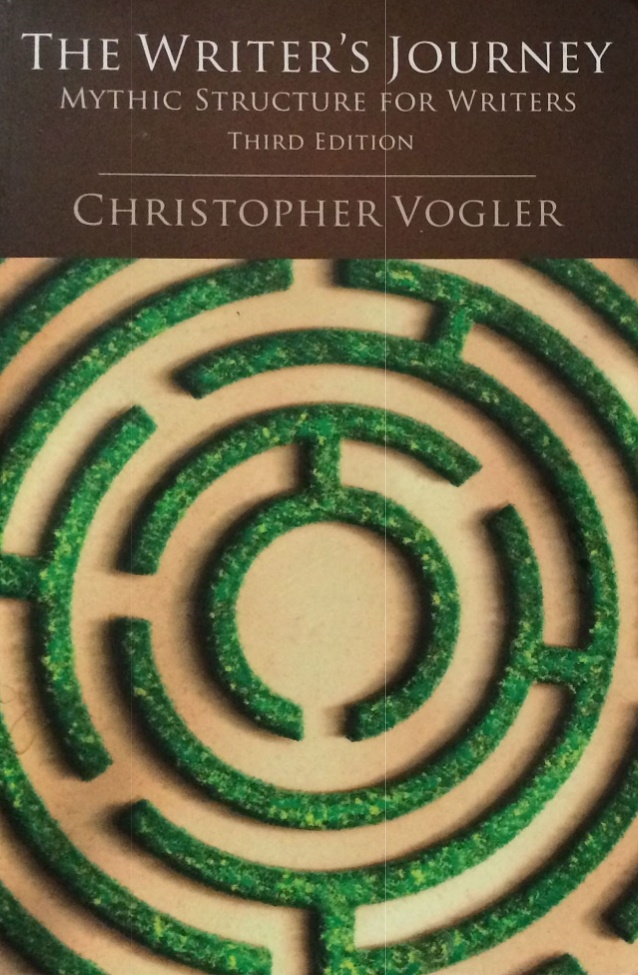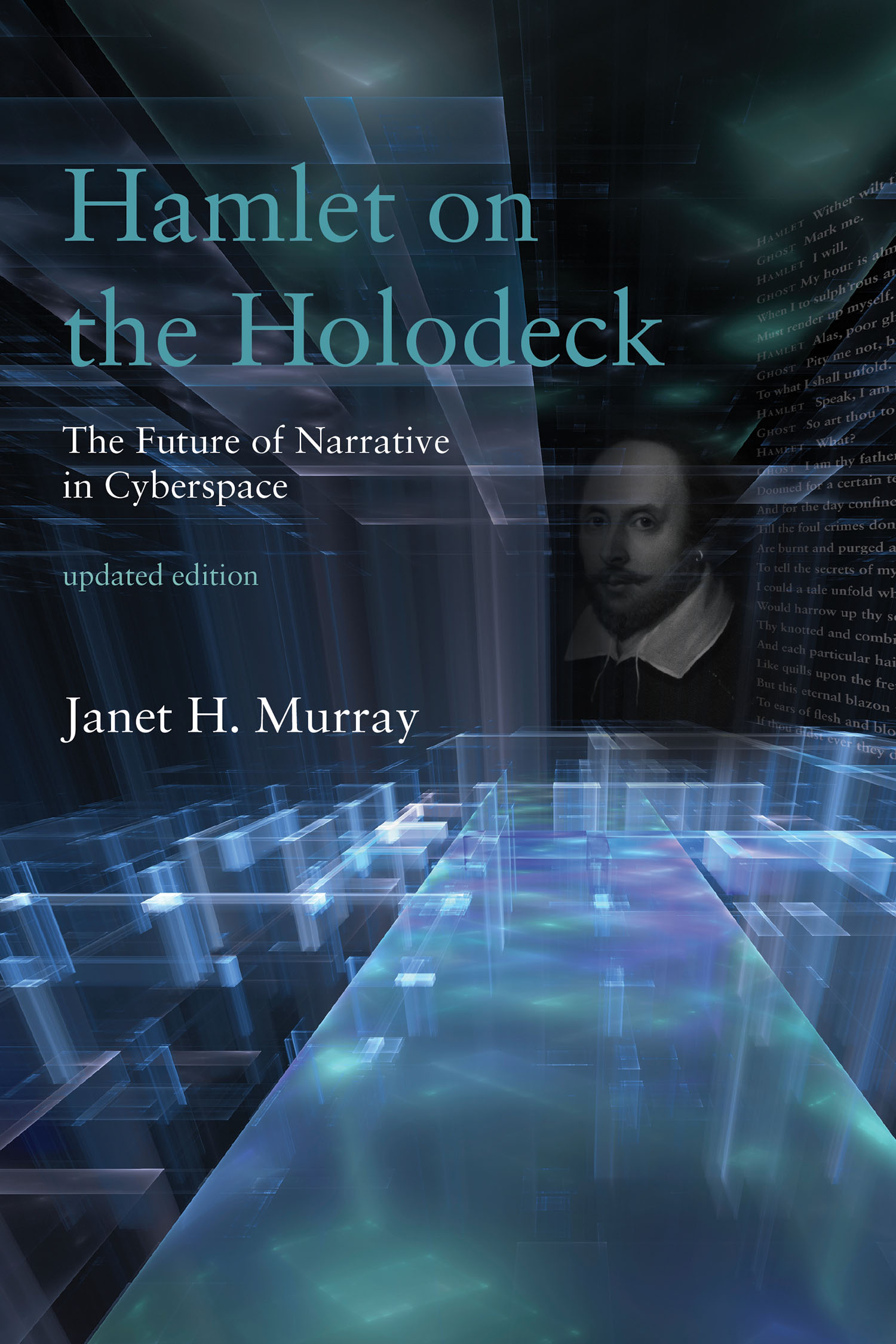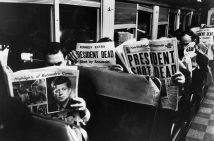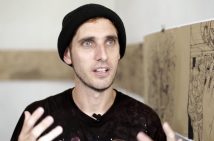Submarine Channel

Top 5 Books To Help You Succeed As A Storyteller
Top5's
Top 5 Books To Help You Succeed As A Storyteller
“There is nothing more human than telling stories,” says Tommy Pallotta in the trailer of Submarine’s documentary More Human Than Human, which he co-directed with Femke Wolting. For the final scene of the film, the directors built a robot to replace themselves as the filmmakers, asking the ultimate question: Will AI be better than humans at storytelling – the most human activity of all?
As I anticipate the Singularity, I selected five great books written by humans that tackle “storytelling” from as many different perspectives as possible. Together, this collection should give you a fair account of a practice that is a big part of what defines us as humans. And perhaps reading these will make you a better storyteller.
By Davide Banis
The Writer’s Journey by Christopher Vogler
(2007; p.407)
The quote:
I realized that the good stories were affecting the organs of my body in various ways, and the really good ones were stimulating more than one organ. An effective story grabs your gut, tightens your throat, makes your heart race and your lungs pump, brings tears to your eyes or an explosion of laughter to your lips.
I’ll start with the most difficult item in this Top 5: Mr. Vogler’s monumental The Writer’s Journey. I have a love/hate relationship with this tome that is an accepted industry-standard for Hollywood creatives. On the one hand, it’s full of wondrous insights and, most importantly, it taps with clarity into some central, practical issues for storytellers. On the other, it’s the embodiment of a, so to speak, anal-retentive approach to storytelling that sacrifices creativity for the sake of well-oiled structures.
Building on Joseph Campbell’s The Hero with a Thousand Faces, Vogler claims that all successful stories’ plots boil down to a handful of mythical structures and character archetypes. In almost every good story, there’s a hero that goes on an adventure to fix the world assisted by a mentor. You’re all probably familiar with this theory but it’s impressive to see how Vogler applies it to all your favorite movies.
Hamlet on the Holodeck by Janet Murray
(1998; p.336)
The quote:
The most ambitious promise of the new narrative medium is its potential for telling stories about whole systems.
If I have mixed feelings for Vogler, I have nothing but unconditional love for Janet Murray and her Hamlet on the Holodeck (hence, HoH), especially since I interviewed her for Submarine Channel back in September 2017.
HoH is nothing short of a media bible that laid the foundations for plenty of scholarly studies in the field of interactive storytelling. In particular, chapter III has been widely discussed. There, Janet Murray proposes that every “digital environment” enjoys four properties: it’s procedural, participatory, spatial, and encyclopedic.
Without indulging too much in the theory, the key point that Janet Murray understood already in the 1990s is that the main characteristic of stories in the digital age is that they are first and foremost “environments”, namely fictional worlds that fans can explore. Just think of the proliferation of world-building sagas like Star Wars, Harry Potter, and Game of Thrones. Concretely, this means that storytellers need to equip their readers and viewers with maps so they don’t get lost in the fictional universes. Also BBC filmmaker Adam Curtis emphasized the importance of maps for contemporary storytelling in another interview that we published in October.
An updated edition of HoH was recently published. Janet Murray said that she was tempted to make the new preface three words long: “I was right!”
The Art of Immersion by Frank Rose
(2011; p. 384)
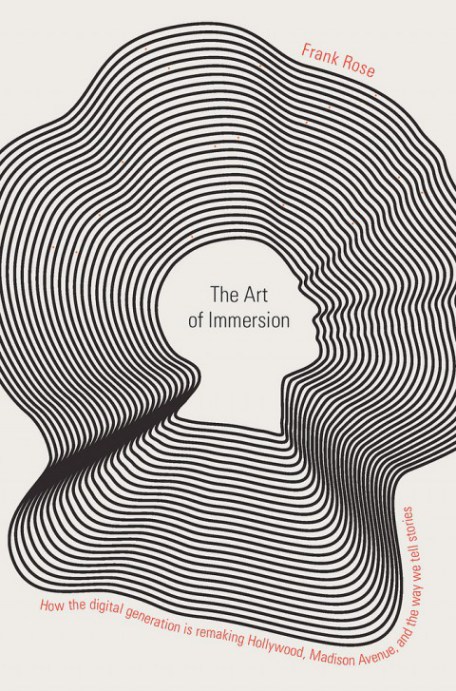
The quote:
People have always wanted to in some way inhabit the stories that move them. The only real variable is whether technology gives them that opportunity.
If HoH is the Old Testament of interactive storytelling, The Art of Immersion by Frank Rose is the New Testament. In this book, the former Wired journalist recounts the transformations that occurred in storytelling in the period of time that spans roughly from the first Matrix movie (1999) to Christopher Nolan’s Batman movie The Dark Knight (2008). Relying on a wealth of interviews with writers, studio executives, and producers, The Art of Immersion explores how business and narrative are becoming increasingly interwoven in immersive storytelling.
In this decade, the processes that Janet Murray described in HoH just accelerated. Stories left the bi-dimensional worlds of the screen and of the page to invade our real lives in the forms of ARGs, cosplay, and merchandise. As master Yogurt – a parody of Star Wars’ Yoda – says in a memorable scene of Mel Brooks’ Spaceballs: “Merchandising… where the real money from the movie is made!”
The Storytelling Animal by Jonathan Gottschall
(2012; p. 272)
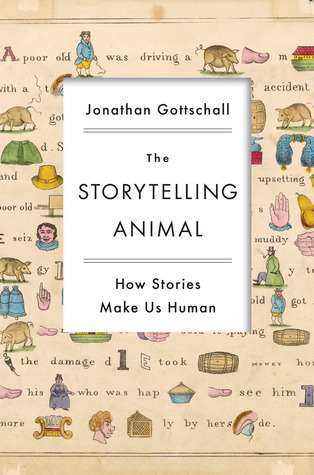
The quote:
Fiction writers are fully ten times more likely to be bipolar than the general population.
Why do we spend so much time in the fictional universes described by Murray and Rose? How come it is socially acceptable for adult specimens of Homo Sapiens to engage so deeply with things that don’t even exist? American scholar Jonathan Gottschall addresses these questions in his pop-science book The Storytelling Animal. Drawing from neuroscience, psychology, and evolutionary biology, Gottschall proposes that stories help us deal with complex real-life situations, just like pilots use flight simulators during their training. In this sense, fiction has an evolutionary value.
The Storytelling Animal is a comprehensive read with examples that run the gamut from bedtime tales to Hitler’s speeches (if you’re using the latter as the former, you’re doing it wrong). Gottschall is a lively writer and soon you’ll want more of his anti-postmodern literature theory. Not strictly about storytelling but his next book The Professor in the Cage (“a Fight Club for English professors”) also makes for a great read.
On Writing: A Memoir of the Craft by Stephen King
(2000; p. 291)
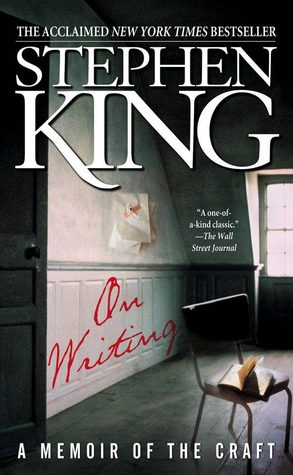
The quote:
The road to hell is paved with adverbs.
Eminent storytelling experts wrote the books that we have so far discussed. However, none of them is a storyteller first and foremost. If it’s true that sometimes a more theoretical approach can grant more lucid insights into any field of knowledge, it’s equally true that there are peculiarities that only a hands-on expertise can bring to the fore.
Stephen King’s On Writing is in this sense a unique resource for writers of all sorts. The book is at the same time a memoir, a toolbox, and a treasure trove of advice.
In the first part, the author of IT, The Shining, and Misery recounts his life from his early attempts at “the craft” to the time he created – often under the influence of drugs – his hallmark masterpieces.
The second half of the book is a practical guide to master the art of writing. No need to take drugs. At the opposite, King reels off a series of rather sober rules.
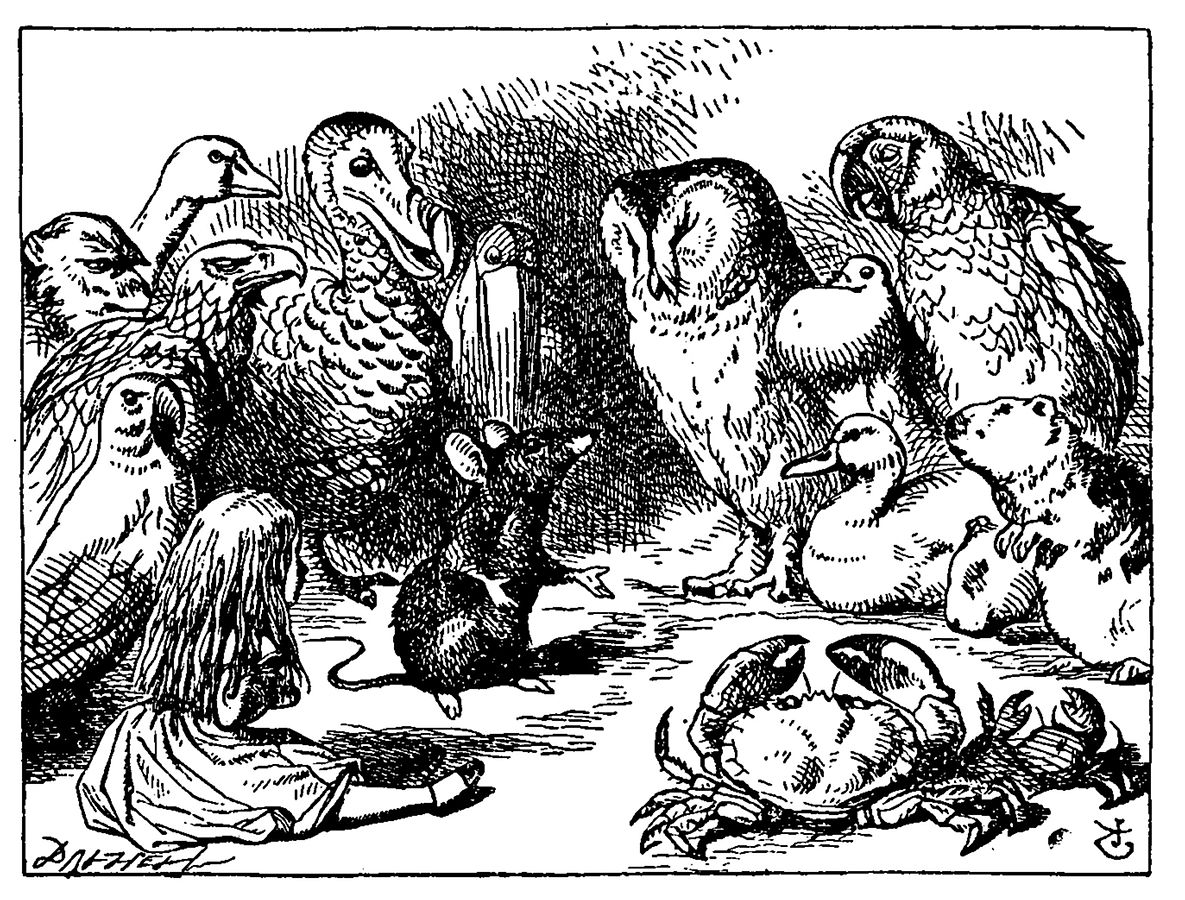
Not only humans tell stories in that storytelling masterpiece that is Alice in Wonderland. (Illustration by John Tenniel)
Orson Welles – another great storyteller – supposedly said that “the enemy of art is the absence of limitations.” This is an additional piece of advice that it’s good for storytellers. Maybe that’s why Submarine Channel’s Top 5’s are so good. They force you to limit your choices and stick just to the best.
However, there are many more storytelling books that would be worthy of a mention beyond the 5 featured here. For example, I’m now reading Trust Me, I’m Lying by media manipulator Ryan Holiday. It’s not about writing but about the way media create stories out of thin air. Do you know any other must-read for storytellers? Drop me a line at davide.banis@gmail.com.
It’s almost spring and while others start getting fit for swimsuit season, I start compiling my summer beach reading list.
